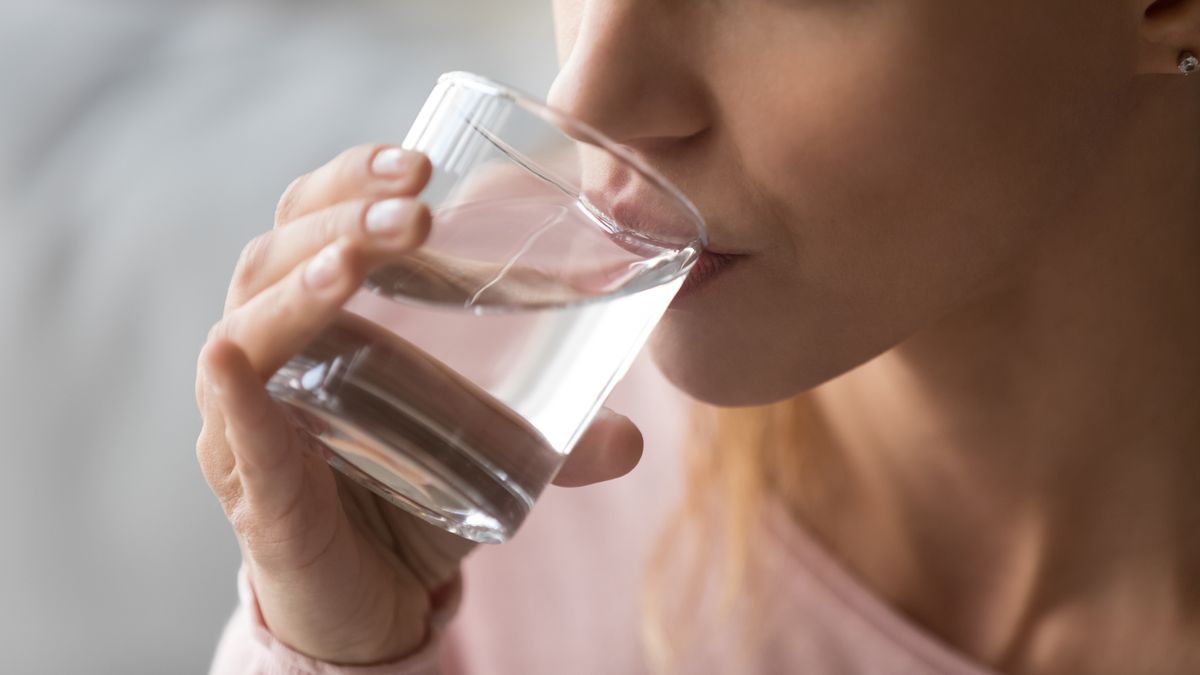Enhancing your health through proper hydration by increasing your water intake is a valuable step, particularly as the summer season approaches. Establishing a habit of staying hydrated can greatly benefit your overall well-being. However, if you're not currently prioritizing hydration, the idea of making this change might appear daunting or overwhelming. So, how can you incorporate more water into your daily routine without it feeling like a burdensome and disruptive task?
To gain a deeper understanding of the significance of maintaining healthy hydration and receive practical advice on effortless ways to consume more water throughout the day, we reached out to three registered dietitians from our esteemed Medical Expert Board. Continue reading to discover their valuable insights on the importance of adequate water intake and effective strategies to increase your hydration levels.
Why is Hydration Vital for Your Health?
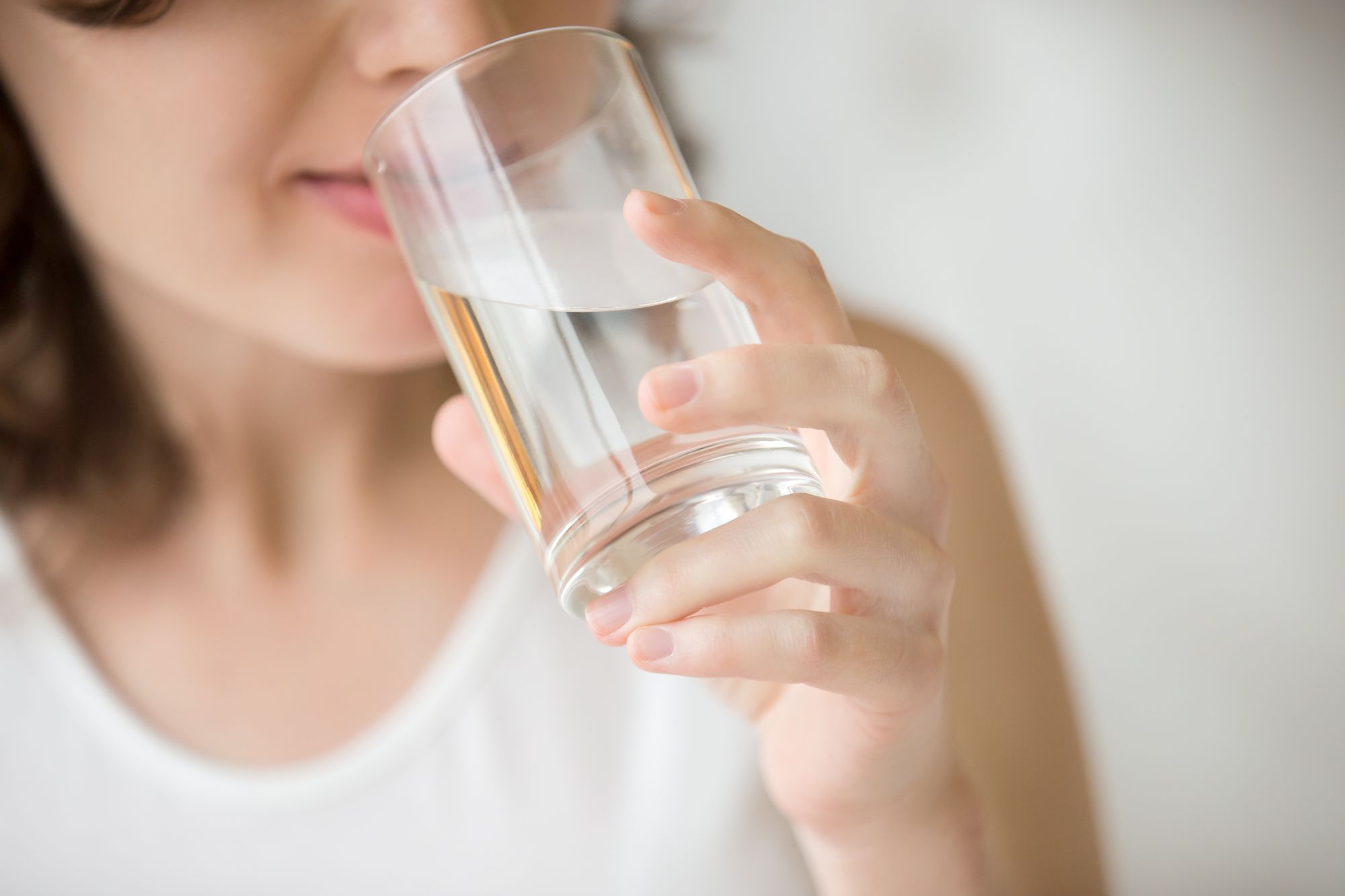
According to Toby Amidor, MS, RD, CDN, FAND, an esteemed nutrition expert and bestselling author of "Up Your Veggies: Flexitarian Recipes for the Whole Family," water is crucial for the proper functioning of your body. "Your body consists of 50-70% water, and every cell, tissue, and organ relies on water to perform its functions," Amidor explains.
Lauren Manaker, MS, RDN, a registered dietitian and author of "The First Time Mom's Pregnancy Cookbook and Fueling Male Fertility," emphasizes the importance of maintaining adequate hydration for various reasons. She points out that being properly hydrated can help combat brain fog, facilitate toxin elimination, and even aid in weight loss in certain cases. Additionally, hydration plays a role in regulating body temperature and keeping joints lubricated.
Amidor highlights the role of water in the bloodstream, which carries essential nutrients to cells and transports waste materials to the kidneys for elimination. It also regulates body temperature through sweat and promotes healthy digestion and bowel movements, thus ensuring the proper functioning of the digestive system.
Energy levels are also influenced by optimal hydration, as water is needed to transport nutrients to cells, according to Greene, another expert in the field. On the other hand, chronic dehydration can lead to digestive issues, kidney stones, and high blood pressure.
Amidor explains that water is lost daily through processes like sweating, urine production, and bowel movements. When the body loses more fluids than it takes in, it lacks sufficient water to function at its best. This can result in symptoms such as headaches, dizziness, constipation, and fatigue. Dehydration can also negatively impact mood, memory, and cognitive abilities. However, rehydration can alleviate these symptoms.
Determining the Optimal Daily Water Intake for Hydration
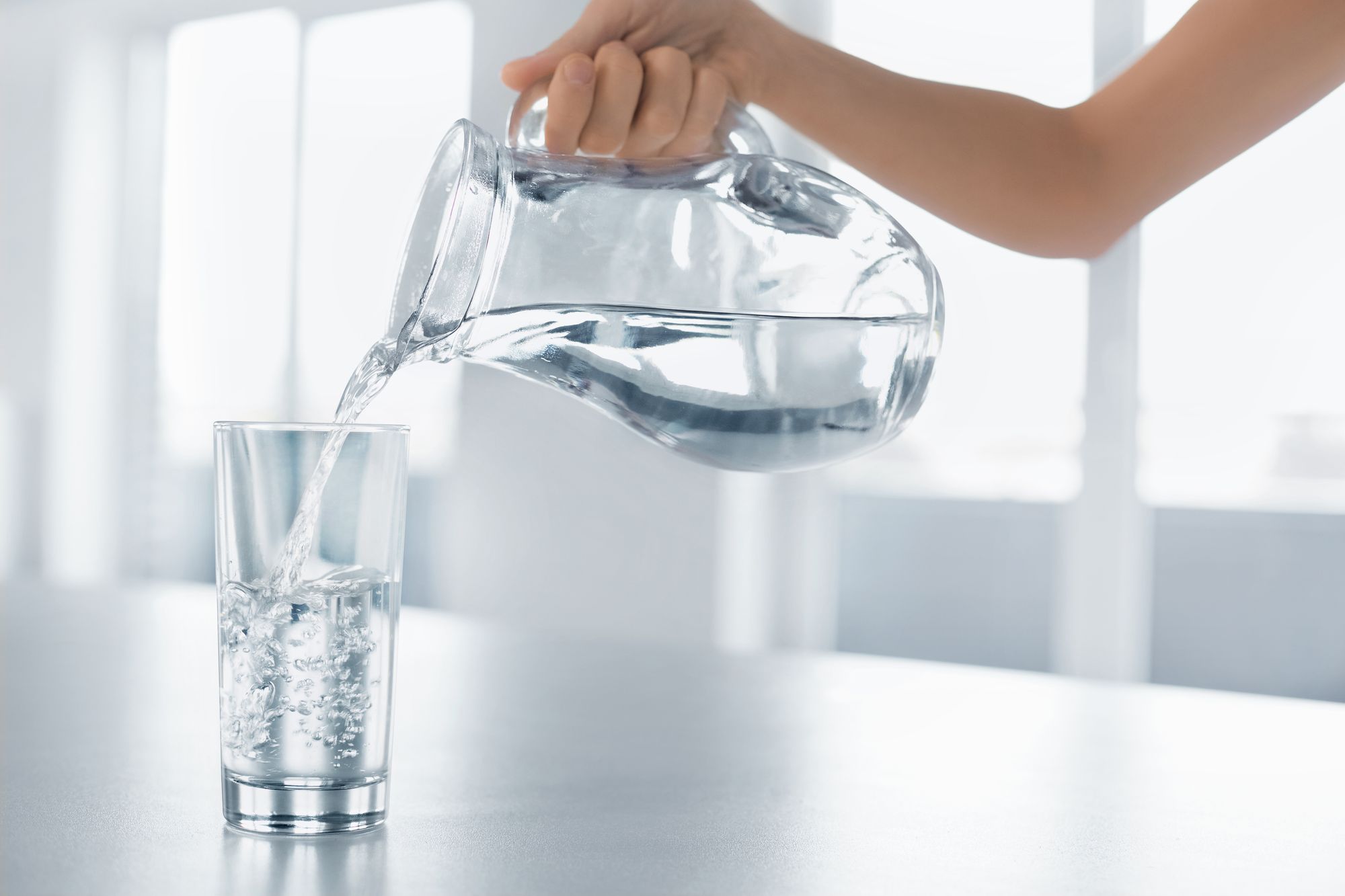
The Institute of Medicine has established the adequate intake (AI) of water for men at approximately 15.5 cups (3.7 liters) of total water per day, while women require around 11.5 cups (2.7 liters) of total water per day.
"These estimates take into account fluids obtained from both food and beverages," explains Amidor. "Approximately 20% of the required water comes from food, particularly fruits and vegetables. Considering these percentages, it is estimated that women need about 9 cups of fluids per day, while men need about 12.5 cups for proper hydration."
"However, there are additional factors to consider, and the amount of water or fluids needed varies among individuals," says Amidor. She highlights the following factors:
- Exercise: "Engaging in activities that make you sweat requires consuming extra fluids to replenish the lost amount," she advises.
- Environment: "Hotter or more humid weather leads to increased sweating, necessitating higher water intake," explains Amidor. "Dehydration is also more likely at higher altitudes, such as during hiking, skiing, or visiting high-elevation areas."
- Illness: "When you are sick and experiencing symptoms like fever, diarrhea, or vomiting, your body loses water/fluids," says Amidor. "Therefore, it's important to drink more water and follow your doctor's recommendations if additional fluids are needed."
- Pregnancy and breastfeeding: "During these life stages, the body undergoes numerous metabolic reactions for both the mother and baby, requiring increased fluid/water intake per day," advises Amidor.
Sydney Greene, MS, RDN, agrees that the optimal daily water intake varies based on individual body chemistry and environmental conditions. "The amount of water needed to stay hydrated and feel your best is highly individual," she explains. "As a general guideline, it is advisable to drink approximately half your body weight in ounces per day."
Practical Strategies for Increasing Daily Water Intake
If you're looking to up your water consumption effortlessly, here are some tips recommended by experts. By seamlessly incorporating these strategies into your daily routine, you can not only increase your water intake but also ensure consistent hydration throughout the day without any extra effort.
1) Incorporating Hydrating Foods into Your Diet
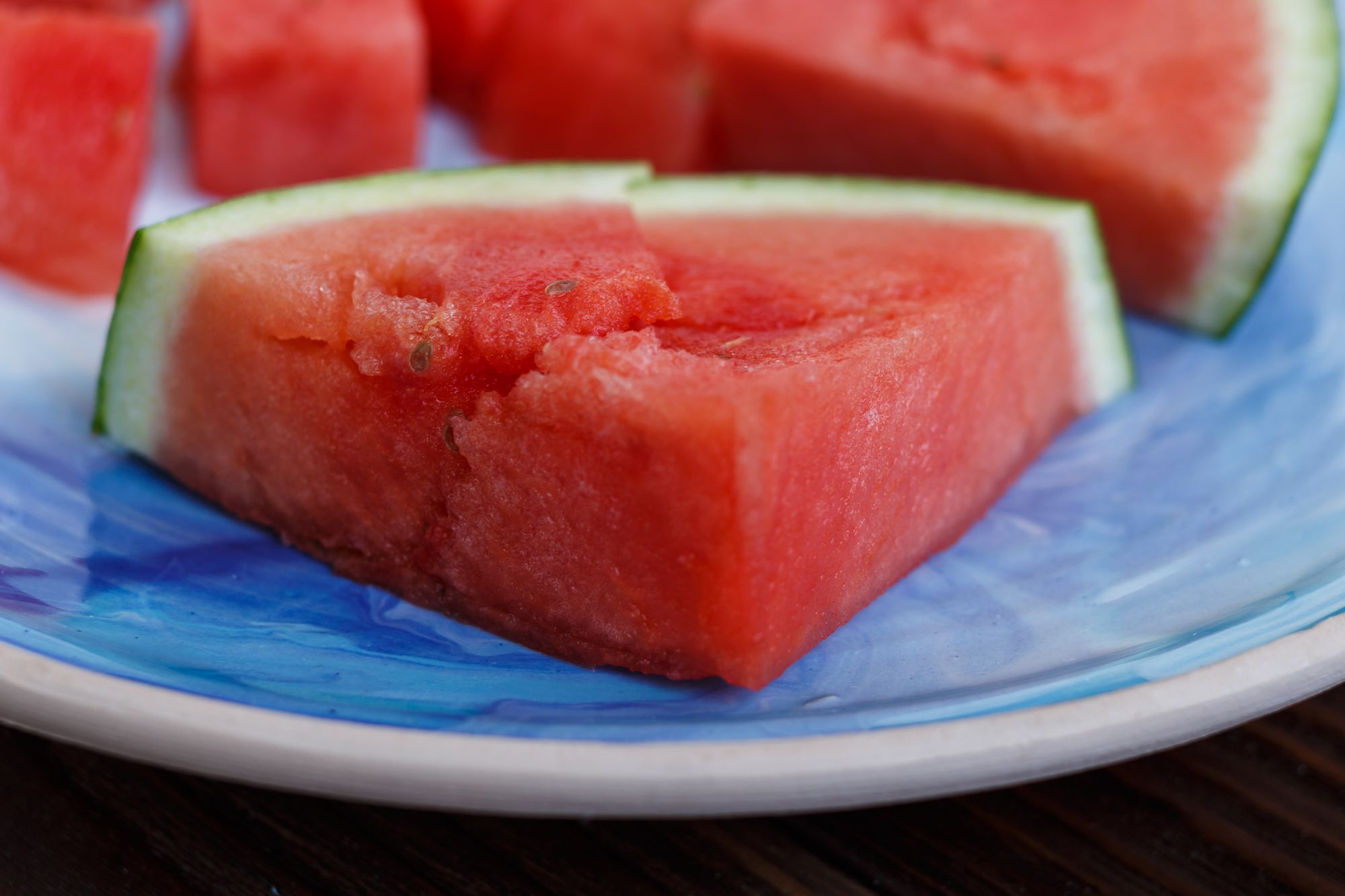
"Keep in mind that foods like watermelon and cucumber are predominantly composed of water. Choosing these foods as snacks can help you maintain hydration," advises Manaker. "The added bonus is that they contain natural electrolytes, such as magnesium and potassium, which further support healthy hydration. Watermelon, for instance, consists of 92% water."
2) Set Reminders for Regular Water Consumption

"Set an alarm on your phone to remind you to drink water every hour," suggests Greene. "You can even schedule a recurring note in your calendar that says 'time to drink.'"
3) Treat Yourself to a Large Reusable Water Bottle
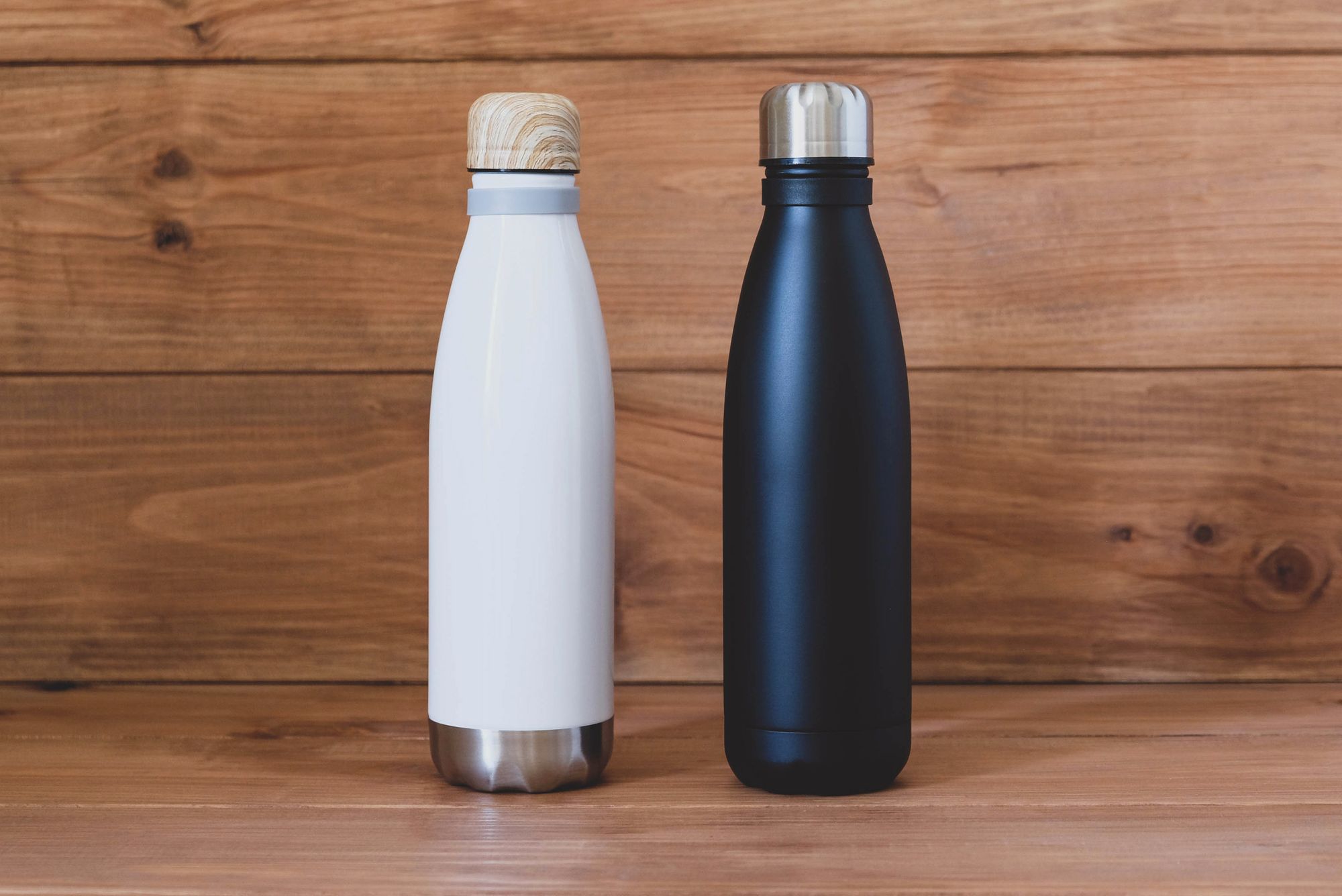
"Purchasing a sizable water bottle, around 40 oz., can be a helpful way to increase water intake," says Greene. "Opt for a water bottle with a straw or keep reusable straws at home to make sipping water easier."
"Start by aiming to drink at least one full bottle per day and gradually increase to two bottles," she adds.
4) Prepare Water in Advance and Ensure Accessibility
Manaker suggests filling a water bottle at night and keeping it in the fridge. This way, you'll have a ready-to-go beverage in the morning, eliminating the excuse of not having time to fill a water bottle during busy mornings.
"If you can't carry all your daily water with you, having a convenient water bottle nearby is a good idea," says Amidor. "Keep it next to you, sip throughout the day, and refill as needed."
5) Experiment with Flavor-Infused Water
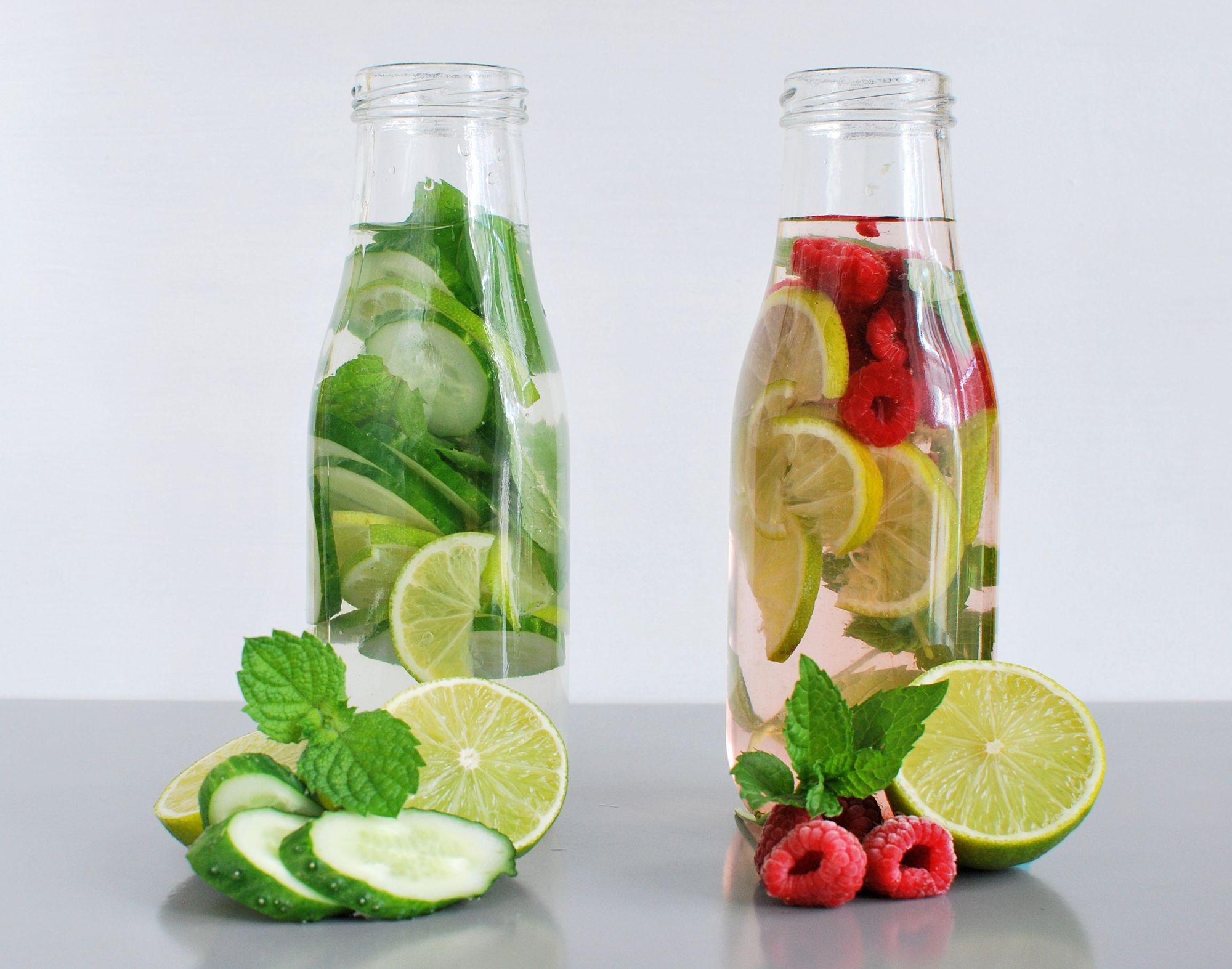
"Infused water can provide a touch of flavor," recommends Manaker. "You can also add a small amount of 100% fruit juice to plain water if you prefer a little more taste."
Adding slices of lemon, lime, or grapefruit to plain water can enhance its flavor without compromising its health benefits. Lemon water, in particular, has been linked to various health advantages.
6) Prioritize Water When Choosing Beverages
While other drinks can provide hydration, none compare to the benefits of water. "Instead of sugary sodas or large cups of coffee, opt for water or calorie-free sparkling water," advises Amidor.
7) Listen to Your Body's Signals
Sometimes the simplest solution is the most effective. Amidor emphasizes the importance of responding appropriately to your body's signals. "Drink when you're thirsty," she advises. "Thirst is your body's way of telling you that you need fluids."

